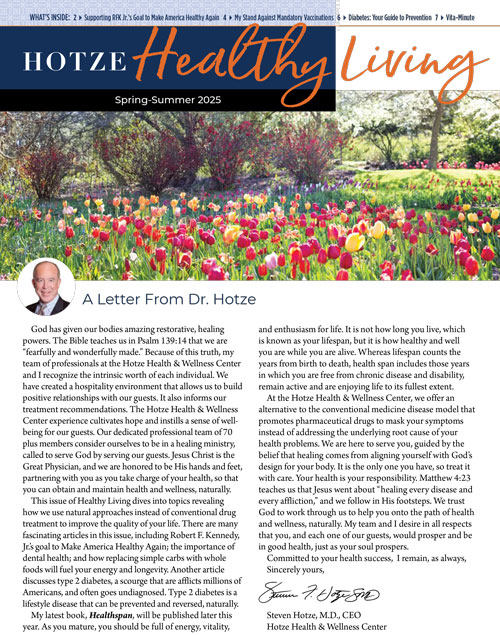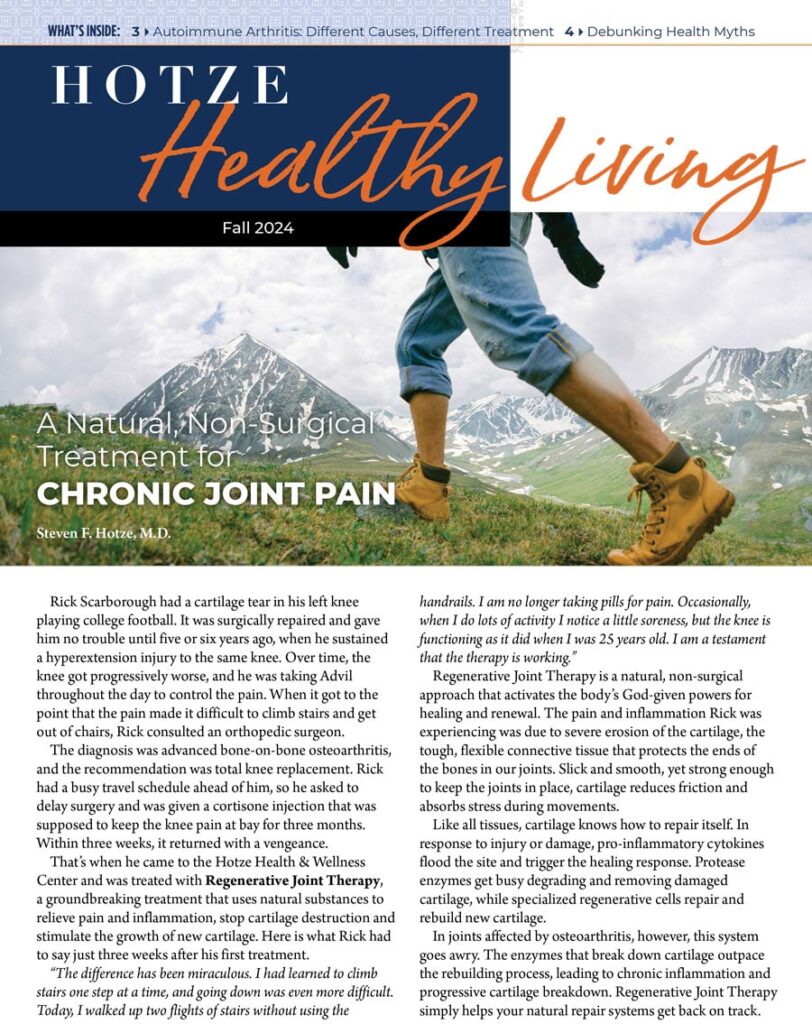Part 2: How Does Hypothyroidism Cause Heart Disease?
July 29, 2011
Did you know that according to a study in the New England Journal of Medicine, one-half of the patients studied with coronary artery disease did not have the normal risk factors such as high blood pressure, diabetes, high cholesterol, a history of smoking, obesity or physical inactivity? What does that tell you?
Fifty percent of those studied cannot be explained by the risk factors listed by mainstream medicine. Conventional medicine still doesn’t have many answers to what causes heart disease, the number one killer of men and women in the United States.
How often have you heard that hypothyroidism can be a risk factor for heart disease?
Yesterday, we asked the question: how does hypothyroidism cause heart disease? As we’ve learned, mucin plays a large role in the relationship between hypothyroidism and heart disease. We mentioned one other equally important player in the connection between heart disease and hypothyroidism. Do you remember?
I’ll give you a hint: this is a statin drug’s only redeeming quality (unfortunately its less redeeming qualities outweigh the small benefit)
Did you say inflammation? Good for you!
Yes, the second reason hypothyroidism can increase your risk for heart disease is that individuals with low thyroid have an increased incidence of infection and inflammation. And as we pointed out in , many hypothyroid individuals that survived infectious diseases such as tuberculosis, later succumbed to heart disease.
Mucin was most likely a new term for you, but we’re all familiar with inflammation. We’ve all experienced it firsthand, such as when we missed the nail and hit our thumb with the hammer or when we’ve had an eye infection. We’ve all been there.
But, how often do you think of internal inflammation – inflammation you can’t see? So, why does hypothyroidism cause inflammation?
Remember that thyroid hormones regulate the rate of metabolism? This same metabolism governs the rate at which your body produces antioxidants, your body’s natural defense against free radical induced damage. When a sluggish metabolism is present, the rate at which antioxidants are produced is slowed.
We’ve thrown around a lot of terms today: heart disease, antioxidants, hypothyroidism, free radicals and inflammation. Too many puzzle pieces? Let’s make it simple.
Hypothyroidism results in a diminished production of antioxidants. This leads to more free radicals and oxidative damage, resulting in damage to your blood vessels. And guess where that leaves us? You guessed it: with atherosclerosis or “clogged arteries”.
Categories: Blog













 Natural Hormone Replacement E-book
Natural Hormone Replacement E-book What You Should Know About Adrenal Fatigue E-book
What You Should Know About Adrenal Fatigue E-book The Thyroid and Hormone Connection E-book
The Thyroid and Hormone Connection E-book










Leave a Reply